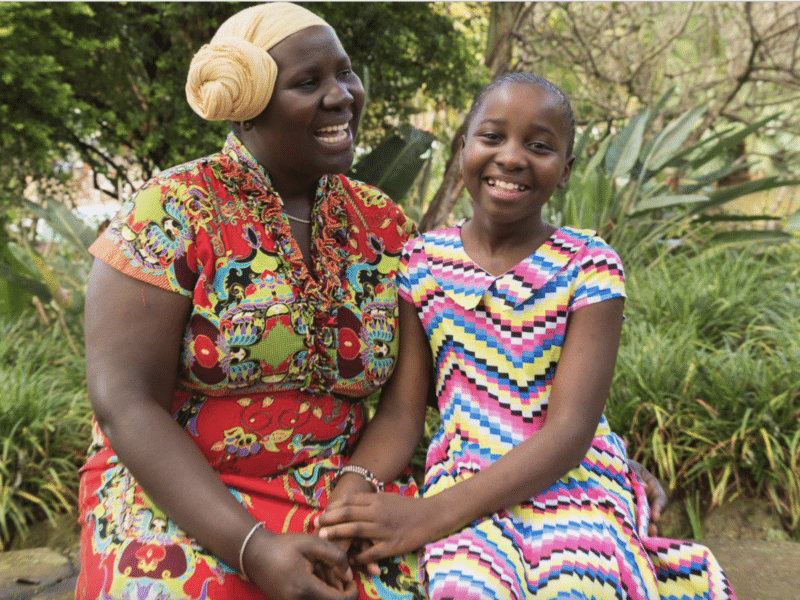Four years ago, the Bill & Melinda Gates Foundation hosted its first Malaria Forum, engaging hundreds of leading scientists, health advocates, policy makers and government leaders in a three-day discussion about malaria, one of the world’s oldest and deadliest diseases.
Since then, measured progress—bolstered by financial and political commitments, scientific advancement, and new commodities—has fostered a spirit of optimism that prevails at today’s Malaria Forum 2011, where “Optimism and Urgency” is the theme.
“We have seen tremendous success in the control of malaria, thanks to an infusion of resources, innovation, and political will,” said Melinda Gates, co-chair of the Bill & Melinda Gates Foundation, to an audience of 300 advocates, as well as members of the media. “Worldwide, malaria deaths are down 20 percent since 2000.”
The world’s largest private foundation has dispersed $1.3 billion to malaria efforts so far, boosted by a 2005 donation of $31 billion from investor Warren Buffett, which essentially doubled the foundation’s endowment. Monitoring efforts have shown that as investments in malaria control effort rise, anti-malaria bednet usage rates rise proportionately, and mortality rates fall. Globally, more than 1 million children have been saved from malaria since 2000, mostly in sub-Saharan Africa.
“What matters is our staying power. We need to keep on seizing the opportunity to make new progress against malaria every single day,” said foundation co-chair Bill Gates, who together with his wife Melinda visited Tanzania and other malaria-endemic regions this summer. He called for more innovation, urgency, and “smart risks” among partners, the kind that makes new vaccines and better surveillance possible, for example.
“Eradication is an ambitions goal—and a long-term goal. It is also a goal to which we remain 100 percent committed,” Mr. Gates added. “It will take leadership, innovation, and money to plan for malaria’s eventual eradication.”
Recipients of programmatic funds from the Bill & Melinda Gates Foundation include the Johns Hopkins Bloomberg School of Public Health Center for Communication Programs (JHU∙CCP), whose life-saving work transpires in Ghana, Mali, Tanzania, Uganda, and other malaria-endemic countries in Africa.
Learn more about the Gates Foundation-funded project Voices for a Malaria-Free Future.
Learn more about the Gates Foundation’s Malaria Forum.




